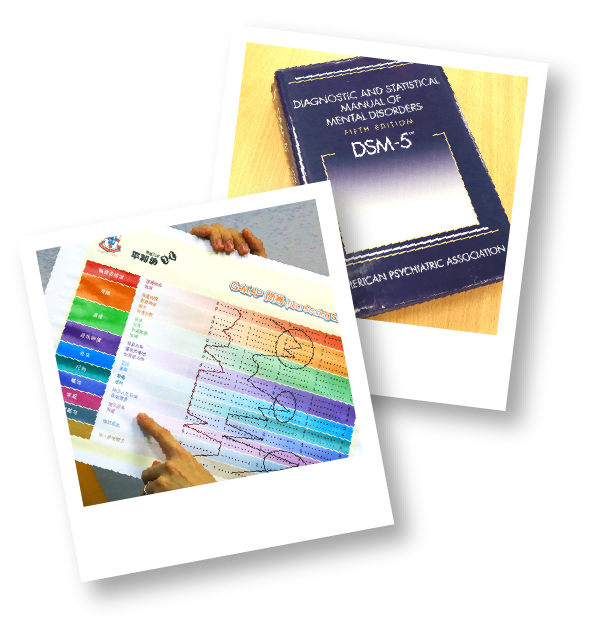認識賭博失調
東華三院平和坊選用美國精神醫學學會在2013年出版的《精神疾病診斷與統計手冊》第五版(DSM-5)作為專業診斷和計劃治療的參考。


甚麼是賭博失調?
於過去12個月內,持續及重覆的問題賭博行為對案主造成嚴重的障礙或困擾,包括:
- 需要不斷增加賭博的注碼才能達到所渴望的刺激;
- 當嘗試減少或停止賭博時,感到不安或煩躁;
- 重覆嘗試控制、減少或停止賭博,但都不成功
- 腦海裡經常充滿關於賭博的事情(例如:持續重溫過往的賭博經驗、預測博結果或計劃下一次賭博、構想尋找賭本的方法);
- 經常於感到困擾時參與賭博(例如:無助、內疚、焦慮、抑鬱);
- 輸錢後經常為追回輸了的錢,於另一天折返再賭;
- 說謊來隱瞞參與賭博的程度;
- 賭博行為已危及或令案主失去重要的關係、工作、學習或事業發展的機會;
- 依賴他人提供金錢來舒解因賭博引致的財政困境。
如你有任何疑問,請向專業人士尋求協助。

